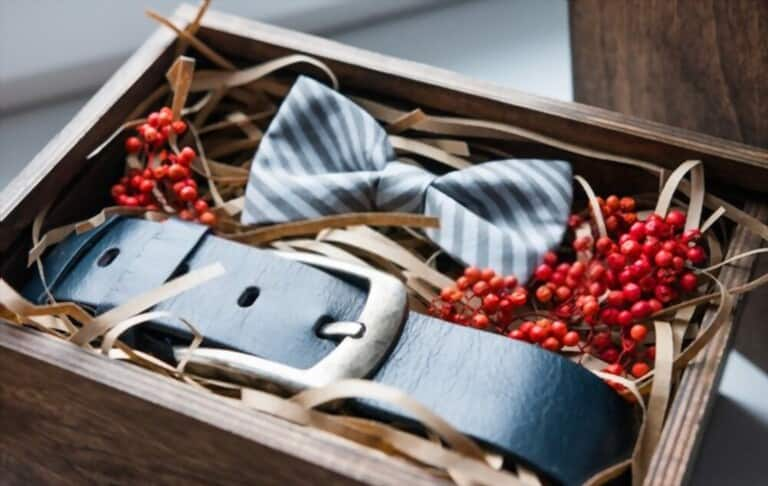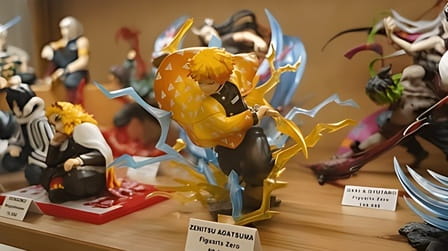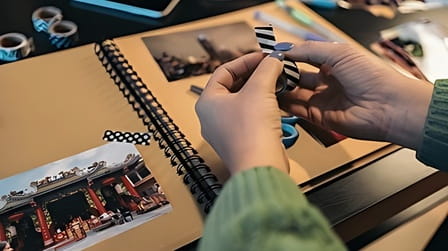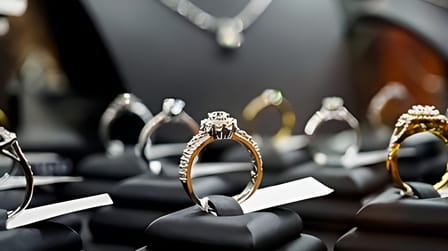As an expat living in China, it can be challenging to find the perfect Chinese New Year gift for your Chinese friends. If you're in doubt about what to give, make sure to avoid these 15 things that have negative connotations in Chinese culture.
1. Personal Accessories like Necklaces, Ties and Belts — Too Intimate

When choosing a gift for a platonic friend, avoid giving personal accessories like necklaces, ties, or belts. These items symbolize intimacy, and they are often exchanged between couples.
2. Wallets — Loss of Fortune
In ancient Chinese culture, gifting someone a wallet symbolizes giving away all your wealth and, consequently, attracting financial and personal misfortune. However, it's acceptable to gift a wallet to a spouse or a close family member with whom you share financial accounts.
3. Handkerchiefs — Saying Goodbye Forever

Handkerchiefs are a symbol of farewell, and they are typically given at the end of a funeral. Therefore, gifting someone a handkerchief on Chinese New Year implies you're saying goodbye forever and cutting all ties.
4. Dolls — Evil
In Chinese culture, cloth dolls are considered 'vile characters' that can attract evil spirits. Therefore, it's best to avoid giving dolls as Chinese New Year gifts to avoid conveying a negative message.
5. Umbrellas — Bad Omen for Relationships

Don't give umbrellas as gifts since their Chinese name (伞 sǎn /san/) sounds like the word for 'breaking up' (散 sàn). Your recipient may interpret the gift as a sign that your relationship has deteriorated or ended.
6. Reconsider: Hats in China
In China, hats have specific meanings and giving them as gifts can be seen as taboo. The mourning hat, known as a 孝帽 (xiào mào), is worn by children of deceased parents, making it inappropriate for Chinese New Year's gifts. In some parts of China, people throw old hats on the street on Chinese New Year's Eve to symbolize getting rid of grief and troubles. Additionally, wearing a green hat (戴绿帽子 dài lǜ màozi) in China is associated with infidelity, making it the greatest insult to a man if given as a gift.
7. Funeral Colors: Black and White
Black and white are traditional colors for funerals in China, making them inappropriate for gifts and wrapping paper. However, red is considered a festive and fortunate color, making it a great option for envelopes or gifts.
8. Avoid Sharp Objects
Sharp objects, such as knives or scissors, are seen as bad luck in China as they are believed to sever relationships. The Chinese saying "one slash and it's in two parts" emphasizes the significance of sharp objects in ending relationships.
9. Beware of Pears

While giving fruit as a gift is usually a good thing, pears are an exception in China. The Chinese word for 'pears' (梨 lí /lee/) sounds the same as the word for leaving or 'parting' (离 lí), making it a symbol of bad luck.
10. No Scented Candles as Gifts
In China, candles are used in offerings for the dead, making them inappropriate as gifts. Flameless candles, scented candles, or ordinary candles should not be given as gifts in China.
11. Gifting Cut Flowers
When presenting gifts for funerals, cut flowers are a popular choice. However, it is important to note that certain flowers like Yellow Chrysanthemums and white flowers are associated with death in Chinese culture. White is considered an unlucky (funeral) color, and one should avoid it at all costs.
12. Avoiding Mirrors as Gifts
The belief that mirrors attract malevolent ghosts has led to the custom of avoiding mirrors as gifts in many Asian cultures. Furthermore, mirrors are fragile and breaking them is considered an ill omen.
13. The Evil Connotations of Shoes

In Chinese culture, shoes are considered a bad gift for Chinese New Year as the word for shoes (鞋 xié /syeah/) sounds like the word for "bad luck" or "evil" (邪 xié). Moreover, shoes are typically something that people step on, and for this reason, they are viewed as derogatory gifts.
14. Superstitious Number Four
In Chinese, the number four (四 sì /srr/) is pronounced similarly to the word for death (死 sǐ). This has given rise to the belief that anything bearing the number four is unlucky, including gifts given in sets or multiples of four, such as 14, 24, 34, 40, or 44. Some buildings and hotels may even exclude floor four or room numbers that contain four. For more information on lucky and unlucky numbers, refer to Lucky Numbers and Colors in Chinese Culture.
15. Avoid Bringing Bad Luck: Say No to Clocks or Watches
In Chinese culture, the phrase "giving a clock" (送钟 sòng zhōng /song jong/) has the same pronunciation as the words "attending a funeral ritual" (送终 sòng zhōng). Hence, presenting someone with a clock or watch is believed to bring bad luck.
Moreover, clocks and watches are a symbol of time running out, which can be distressing and unsettling to the elderly. Gifting a clock or watch is considered a major taboo in Chinese traditions.












